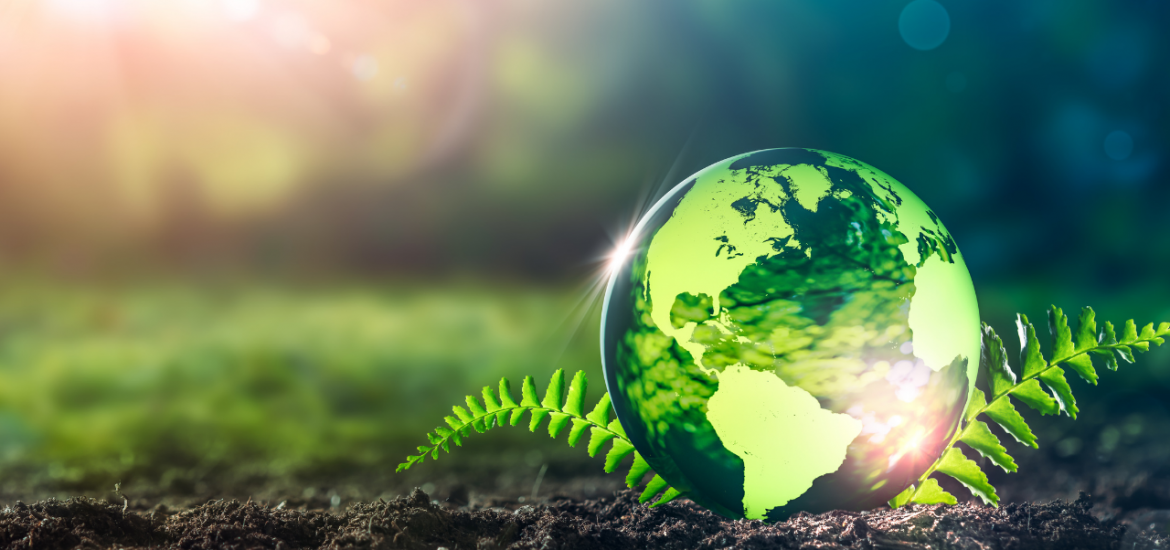22 April is Earth Day, and the occasion comes with renewed urgency as we now know that it is highly unlikely that we can stop the world from passing 1.5 degrees Celsius of warming in the next ten years. There is still hope that the world can keep the world from warming to 2.0 degrees Celsius or over, but many countries, including the island nations of the Pacific, have made it clear that any breach of 1.5C will be unacceptable: hence the “1.5 to stay alive” campaign.
Today on the 21st, and on the 22nd, when Earth Day goes into full swing, our blog is highlighting content on BDE that offers insights and solutions, as well as Buddhist-driven ideas, on the climate crisis. Over the years, the editor of the Spanish-language platform, Daniel Millet PhD, has assembled a world-class team of contributors and columnists that have the environment as one of their top priorities of coverage and analysis – perhaps the first of its kind in the Spanish-speaking world. Common to all these contributors’ articles is a universal call to action in regard to the environment: no one can survive on an inhospitable planet.
Therefore, the goal of Earth Day should be to remind humanity that this is a global, collective effort. People should unite, and indeed, all beings should unite. However, the burden falls naturally on humanity for being both the cause of anthropogenic climate change and the species best-equipped to mitigate the damage to the planet. We owe it to our future generations and to the fellow beings we share this world with.
The flagship content of our environmental coverage is our special issue, Edición especial: «Budismo, ecología y cambio climático». In this special issue, we present a diverse range of informed perspectives about the climate crisis, the ecological peril faced by our world, and Buddhist-informed solutions. In the introduction of this special issue (Introducción editorial a la edición especial «Budismo, ecología y cambio climático»), Daniel Millet argues: “Our civilization and a world population of 7.5 billion (and growing), is sustained on a socioeconomic system based on oil, coal and consumption, and on constant economic growth that leads to the commodification of nature and animals. We must reduce our dependence on non-renewable energy, avoid deforestation, reduce consumption and, in the best of cases, adopt a vegetarian diet. But perhaps all this will not be enough. The origin of the crisis is found in a worldview that dates back to the beginnings of Western civilization and to a particular way of understanding human nature.”
New paradigms are urgently needed – paradigms that could be provided by principles that emphasize eco-centrism, or center the care of the natural world. As an introduction to the series, Dipen Barua’s Para la Tierra: pensamiento ambiental budista y activismo highlights some of the basic principles that the Buddha outlined about the environment. Another article, El discurso de los siete soles: una visión búdica de la ecología, also introduces some of the key concepts and priorities that have emerged after COP26 in Glasgow in late 2021.
In a previous blog post, How Dharma-Gaia is steering Hispanic Buddhism on a course of ecological justice, I highlighted how Dr. María Elvira Ríos is a member of Dharma-Gaia, a unique circle of scholars and writers that discuss environmental problems and trends from a Buddhist perspective. Their activities have been covered in the article Grupo de investigación DHARMA-GAIA: budismo, mujeres y emergencia climática on BDE.
One of Dr. Ríos’ pioneering ideas has been to investigate how the concept of ganying – a Chinese idea that is understood as a spontaneous reaction that precedes thought – can help us develop an ethic based on instinctive care for the environment. You can read her article in full here: Una interpretación ecosófica de la experiencia budista de ganying.
We will address the core concept of ganying, and other central ideas around environmental care, on the day of the 22nd, this year’s Earth Day. Furthermore, BDE will publish more climate-related and environmental content well into August. Among the upcoming articles will is a new book by the Venezuelan philosopher Elias Capriles, Budismo y dzogchén. This book will be critical for readers of Spanish to understand how the Vajrayana concept of non-duality could transform how we see the world, and dismantle the mental, cultural, and social dichotomy we have constructed between humanity and nature.


